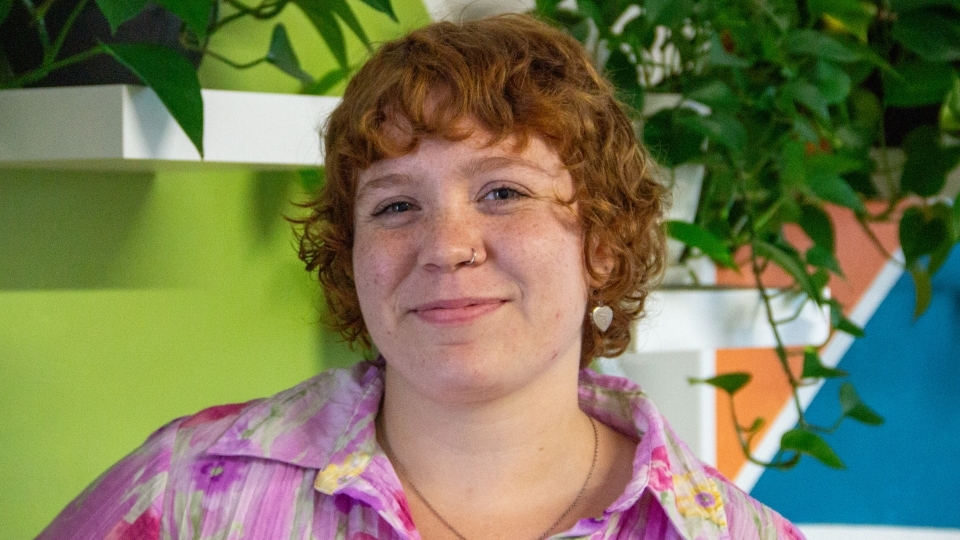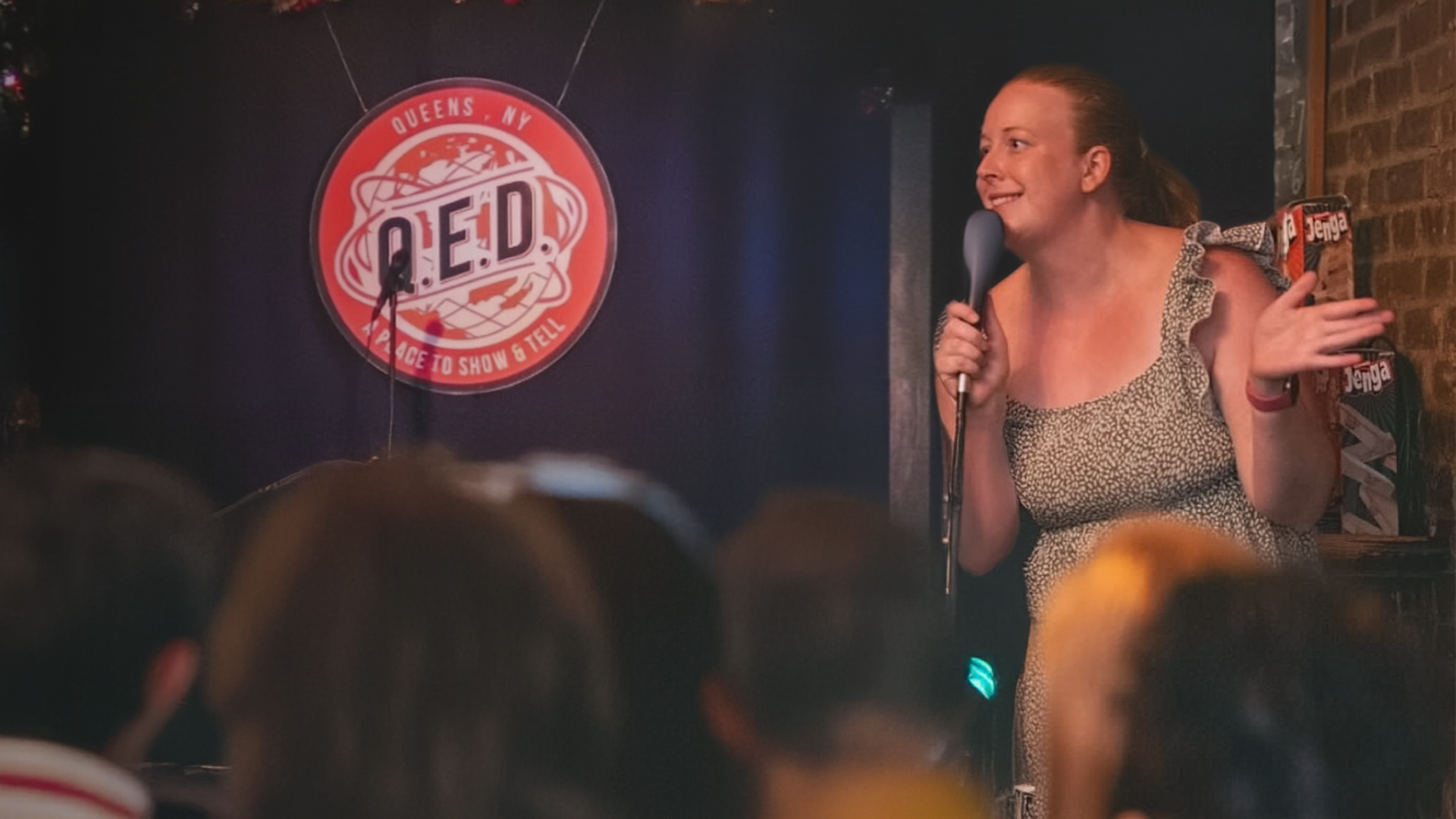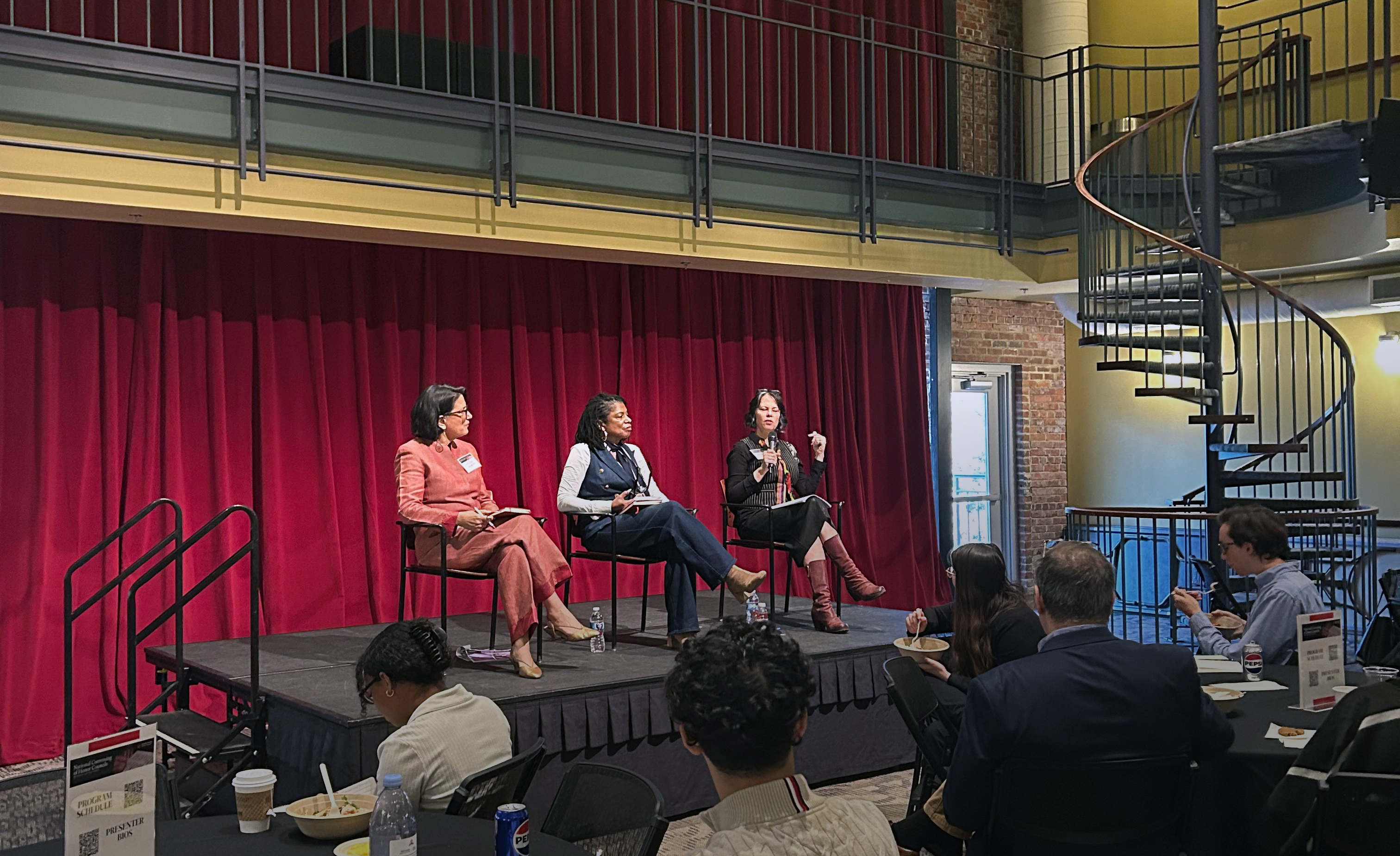My Davidson | A Student Blog What Would Dolly Do: Tackling Early Childhood Literacy in Charlotte
February 6, 2025

Nora Fenn Gilman ’26 reflects on her summer as a Center for Civic Engagement (CCE) Nonprofit Leadership Fellow with Smart Start, an early childhood nonprofit focused on book distribution and literacy equity.
About the Author
Nora Fenn Gilman ’26 (she/her) is a sociology major and educational studies minor from Silver Spring, Maryland.
“Growing up in the suburbs of D.C., I saw firsthand the resource differences between students. This led to an interest in educational equality and my summer internship.”
"What Would Dolly Do?" is a commonly referenced quote in the Smart Start of Mecklenburg County (SSMC) office, an early childhood focused nonprofit in Charlotte.
While a connection between Dolly and early childhood might seem incredibly distant, they are more closely related than you imagine. Dolly Parton funds an international book distribution system called Dolly Parton’s Imagination Library (DPIL). The premise of this program is that children ages 0-5 in areas covered by the program can sign up to receive one developmentally appropriate book a month until they turn five years old, free of charge. Many studies have shown that the more books a young child has around them, the quicker and higher their literacy skills grow when they are older.
In Mecklenburg County, this program sends out 31,000 books monthly and is run through SSMC by one woman, Alyssa Wood. This summer, I had the opportunity to intern with Alyssa through Davidson’s Nonprofit Leadership Fellows. During my internship, I have been introduced to a million different people, projects, acronyms and experiences.
My day-to-day tasks include answering emails from parents whose children are enrolled in DPIL, maintaining the DPIL database, attending meetings with various staff to gain a full understanding of the organization, driving books to DPIL-run “Little Libraries” around the county, and chatting with my coworkers when we need breaks!
Aside from my day-to-day adventures, I have also been tirelessly working on a project dreamed up by my supervisor. This project sought to determine areas in Mecklenburg County considered “book deserts” – meaning areas that have few literacy resources (including access to books and workshops to teach parents how to aid interactions between children and books effectively). To determine these areas, I spent many days scanning through census records, demographic databases and data shared by early literacy groups we partner with (including the CMC Public Libraries, Raising a Reader, and Reach Out and Read). From this data analysis, I was able to identify the most underserved communities, as well as those more specifically with limited access to early literacy resources.
Once we compiled and summarized the data, my supervisor and I presented our findings to other early literacy organizations working in the county so as to create a space for discussion and recommendations on what we can all do moving forward to reach the underserved areas. Overall, this was a great experience that exposed me to new knowledge and people who will continue to be a part of my life even when the summer is over.
Through these experiences and a shared curriculum, Nonprofit Leadership Fellows support not-for-profit organizations through capacity-building projects. Responsibilities include program management, grant writing, communications and social media, volunteer management and research (to name a few).



